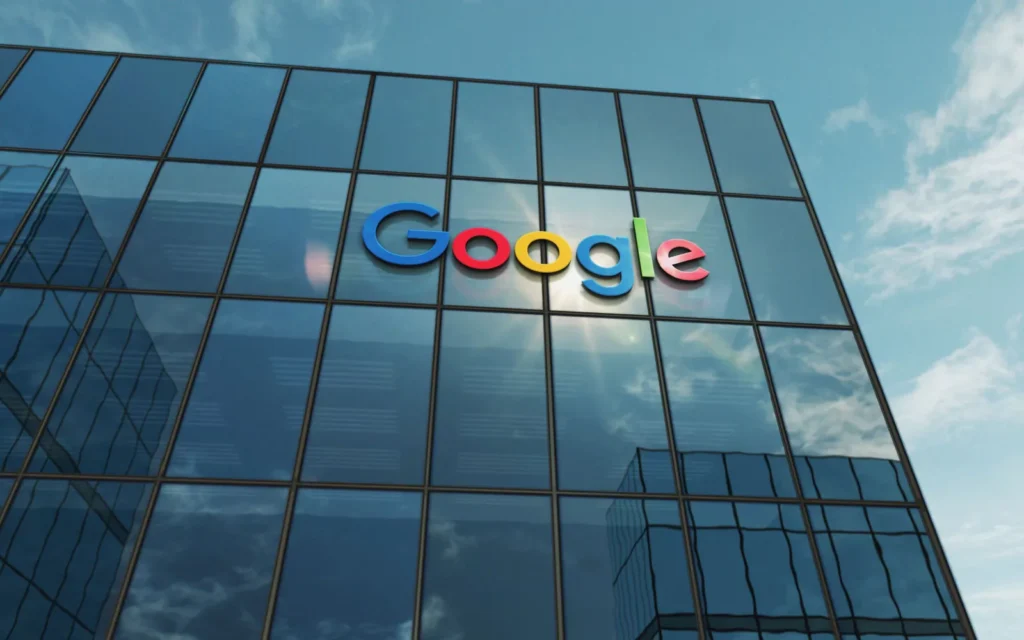seniorspectrumnewspaper – Google is facing a major legal challenge from Penske Media Corporation, the publisher behind Rolling Stone, Variety, and Billboard. The lawsuit, filed in Washington, DC’s federal district court, accuses Google of using Penske’s content without permission to power its AI Overviews feature.
Read More : Dimensity 9500 Spotted in Oppo Find X9 Pro Benchmarks
Penske claims that the AI Overviews are directly hurting its business by reducing website traffic and cutting into advertising and affiliate revenue. According to the lawsuit, about 20 percent of Google searches that would normally lead users to Penske sites now display AI Overviews instead. The company believes this percentage is rising and significantly impacting its digital reach.
The publisher also reported that its affiliate revenue in 2024 dropped by over one-third compared to its previous peak. Penske alleges this decline is linked to fewer visitors being directed to its websites due to AI Overviews presenting answers directly on search result pages.
Google responded to the allegations through spokesperson Jose Castaneda. Stating that the company will defend itself against what it calls “meritless claims.” He also argued that AI Overviews help drive traffic to a broader variety of websites, rather than limit it.
This case marks the first time a major U.S. media organization has sued Google over its AI-powered search features. The legal outcome could set a precedent for how AI-generated search content interacts with traditional publishers’ rights and revenue models.
Legal Tensions Grow Between AI Platforms and Content Owners
The Penske lawsuit comes amid a broader legal reckoning between content owners and companies using AI technologies. Earlier this year, Chegg filed a similar lawsuit against Google. Arguing that AI Overviews significantly reduced user visits and hurt revenue. Chegg, known for educational tools and textbook rentals, alleged that Google’s AI-driven summaries displaced its original content in search results.
While the Chegg case raised eyebrows, the Penske action carries more weight due to the company’s influence in the media industry. This lawsuit underscores growing frustration from publishers who say AI tools exploit their work without proper credit or compensation.
Read More : GTA 6 Set to Break Records with Biggest Launch Ever
Outside of Google, other AI firms are also under legal scrutiny. In 2023, The New York Times sued OpenAI for using its published content to train language models without licensing agreements. Most recently, AI company Anthropic agreed to a $1.5 billion settlement in a class-action lawsuit. The case centered around the company’s Claude chatbot allegedly using copyrighted material without consent.
These legal battles suggest a growing push from content creators to enforce intellectual property rights in the era of generative AI. As more companies deploy AI to answer user questions, tensions are likely to rise.
For Google, the Penske lawsuit may signal the beginning of wider industry resistance to AI-generated search tools. If courts side with publishers, tech firms may face mounting pressure to license content or alter how AI features surface information online.


